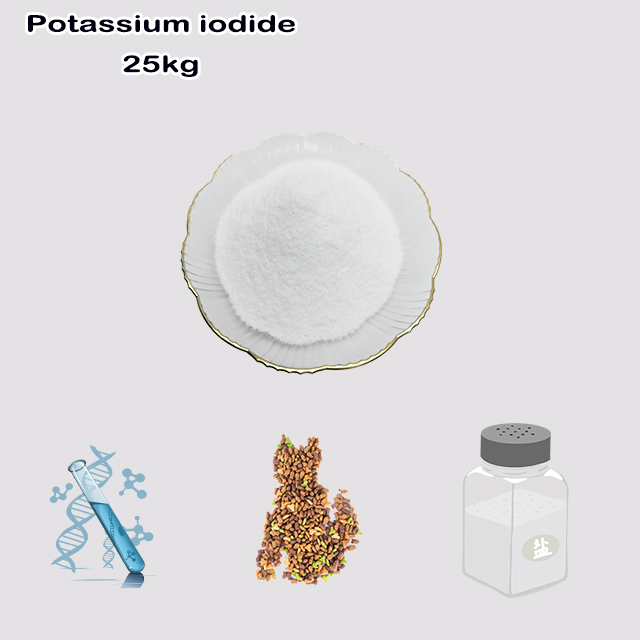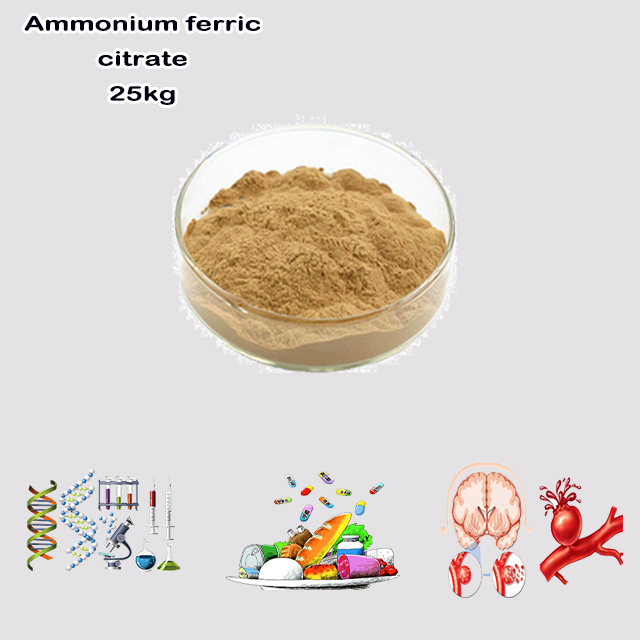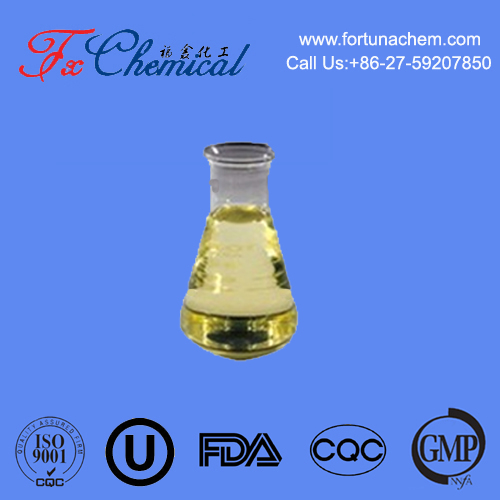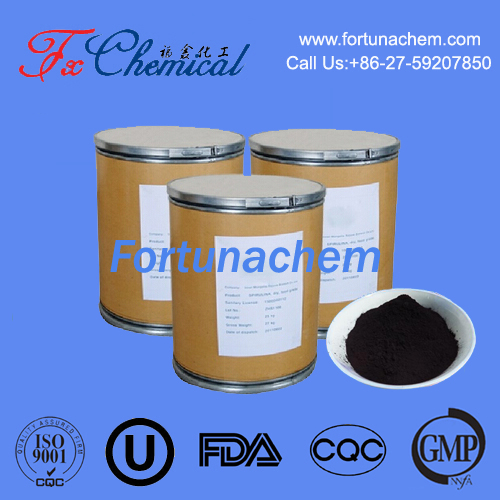
Search

Search

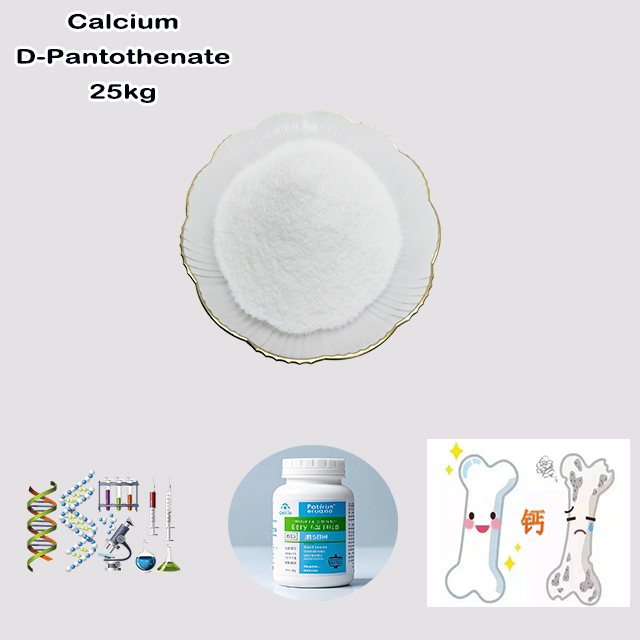
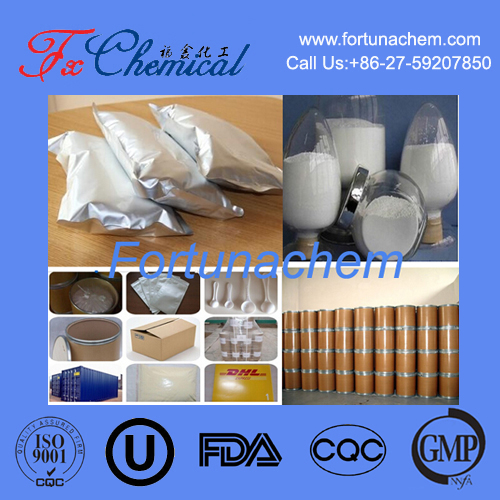
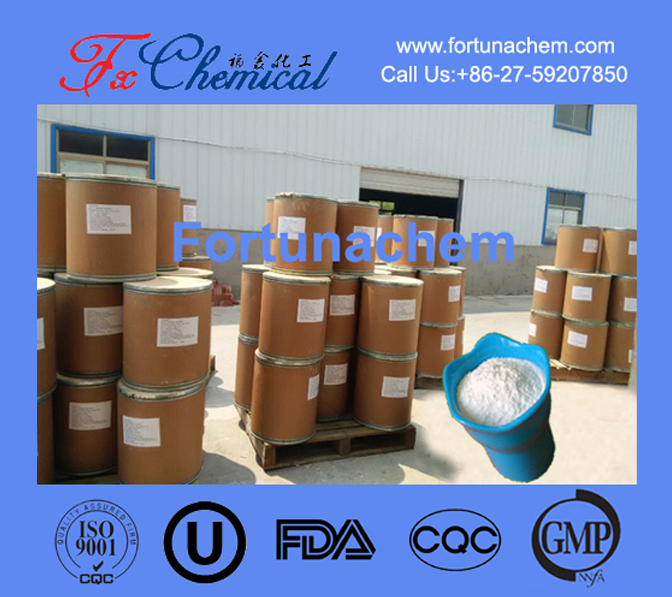
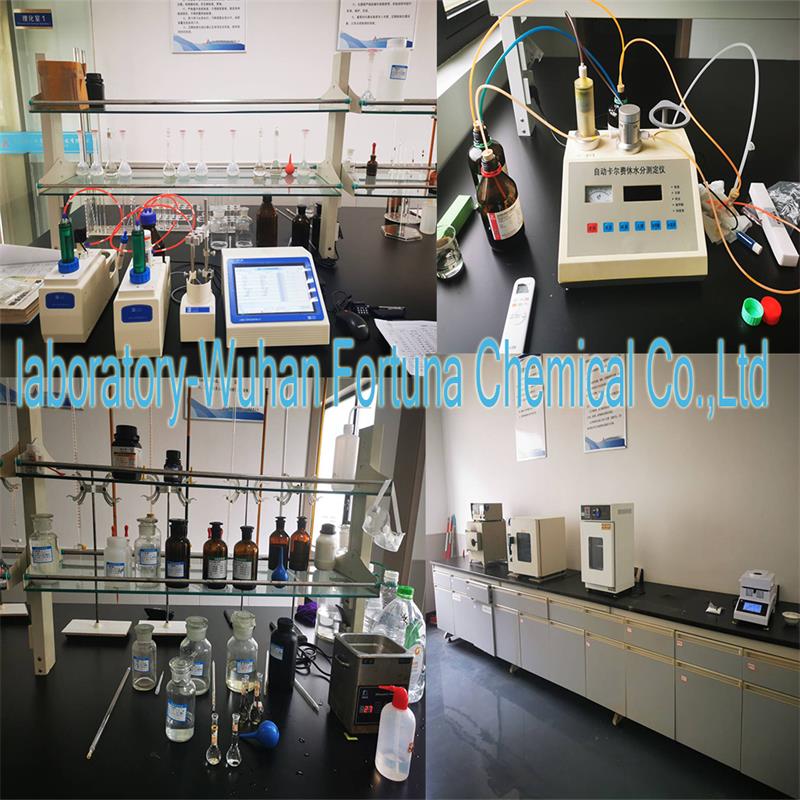
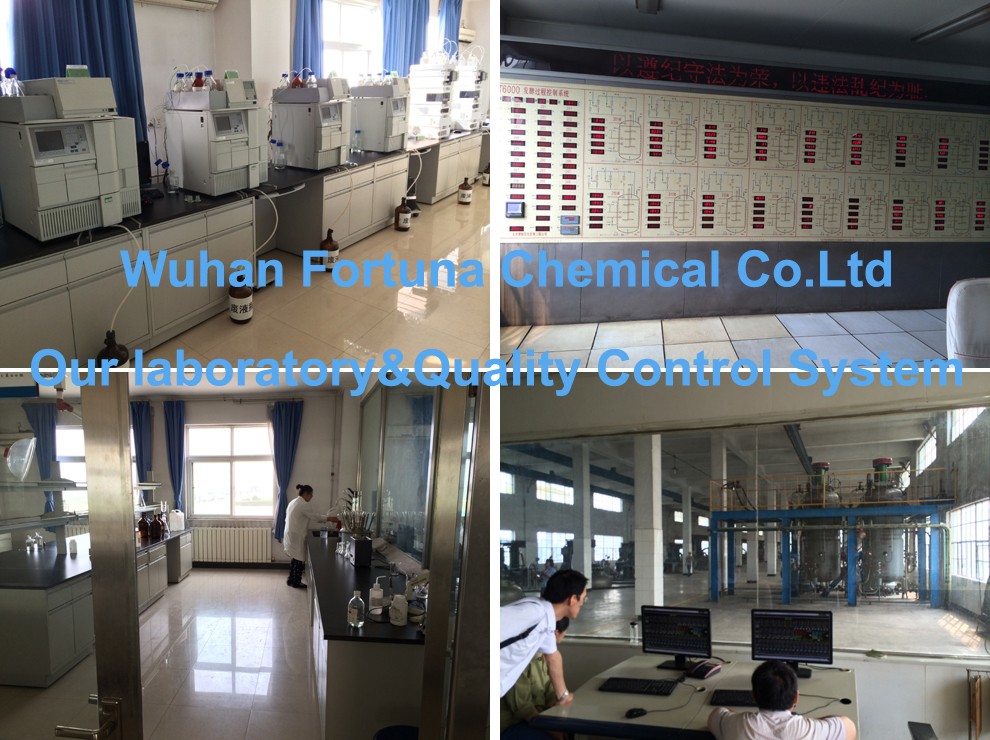





Calcium gluconate reduces capillary permeability, increases density, maintains normal excitability of nerves and muscles, strengthens myocardial contractility, and contributes to bone formation. Its anti-allergic effect is because calcium ions can increase the density of capillaries, reduce their permeability, and reduce exudation, thereby reducing or relieving allergy symptoms. Calcium gluconate is indicated for allergic diseases such as urticaria, eczema, pruritus, contact dermatitis, as well as serum sickness and angioedema as adjunctive treatment.
Calcium gluconate CAS 299-28-5 belongs to organic calcium acid, which is mainly used for the prevention and treatment of calcium deficiency and acute hypocalcemia, alkalosis, hypoparathyroidism caused by hand and foot twitching.
| Item | Specifications | Results |
| Appearance | White crystal odorless,tasteless granules or powder | Conform |
| Heavy Metal | ≤10ppm | <10ppm |
| PH | 6.4 – 8.3 | 6.8 |
| Chloride | ≤50ppm | <50ppm |
| Iron | ≤5 ppm | <5 ppm |
| Loss on drying | ≤0.2% | <0.1% |
| Assay | 99.0% - 101.0% | 99.33% |
| Product parameters | |
| Cas number: | 299-28-5 |
| Appearance: | White crystal odorless,tasteless granules or powder |
| Purity: | 99.0~101.0% |
| Package details: | 25kg/drum |
| Brand: | Fortunachem |
Calcium Gluconate is a water-soluble calcium salt derived from gluconic acid, widely used in pharmaceuticals, food additives, and industrial applications. Below is a concise overview:
Chemical Name: Calcium D-Gluconate
CAS Number: 299-28-5
Molecular Formula: C₁₂H₂₂CaO₁₄·H₂O (monohydrate)
Molecular Weight: 448.39 g/mol
Appearance: White crystalline or granular powder.
Solubility: Soluble in water (3g/100ml at 20°C, 20g/100ml in boiling water), insoluble in ethanol and organic solvents.
pH of Aqueous Solution: ~6–7 (neutral).
Pharmaceutical Use
Addresses calcium deficiency in pets (e.g., rickets, postpartum paralysis in dogs/cats).
Treats hypocalcemia (low blood calcium), muscle cramps, and osteoporosis.
Reduces capillary permeability, supports nerve/muscle function, and aids blood clotting.
Medical Treatment:
Veterinary Use:
Food Industry
Nutritional Supplement: Fortifies foods to prevent calcium deficiency.
Functional Additive: Acts as a buffering agent, chelating agent, and firming agent (e.g., in tofu production).
Industrial Applications
Used in chemical synthesis for producing other calcium compounds (e.g., gluconate salts of copper, zinc).
Toxicity: Generally safe when used as directed.
Adverse Effects:
Oral: Rare side effects; may cause mild gastrointestinal irritation or constipation.
Intravenous: Rapid injection can lead to arrhythmia, nausea, or fever.
Contraindications:
Avoid with benzodiazepines (e.g., phenytoin) or tetracyclines (interferes with absorption).
Not recommended for pets with heart/kidney issues.
Fermentation:
Glucose is fermented with Aspergillus niger to produce gluconic acid, neutralized with calcium hydroxide.
Chemical Oxidation:
Glucose is oxidized (e.g., via bromine) to gluconic acid, followed by calcium salt formation.
Storage Conditions: Keep in a cool, dry, light-protected environment.
Shelf Life: Typically stable for 2 years under proper storage.
Biocompatibility: Well-tolerated due to its water solubility and slow release of calcium ions.
Versatility: Used in human/animal health, food, and industrial processes.
Summary: Calcium Gluconate is a versatile calcium compound essential for maintaining bone health, muscle function, and industrial applications, prized for its safety and efficacy in both medical and food sectors.
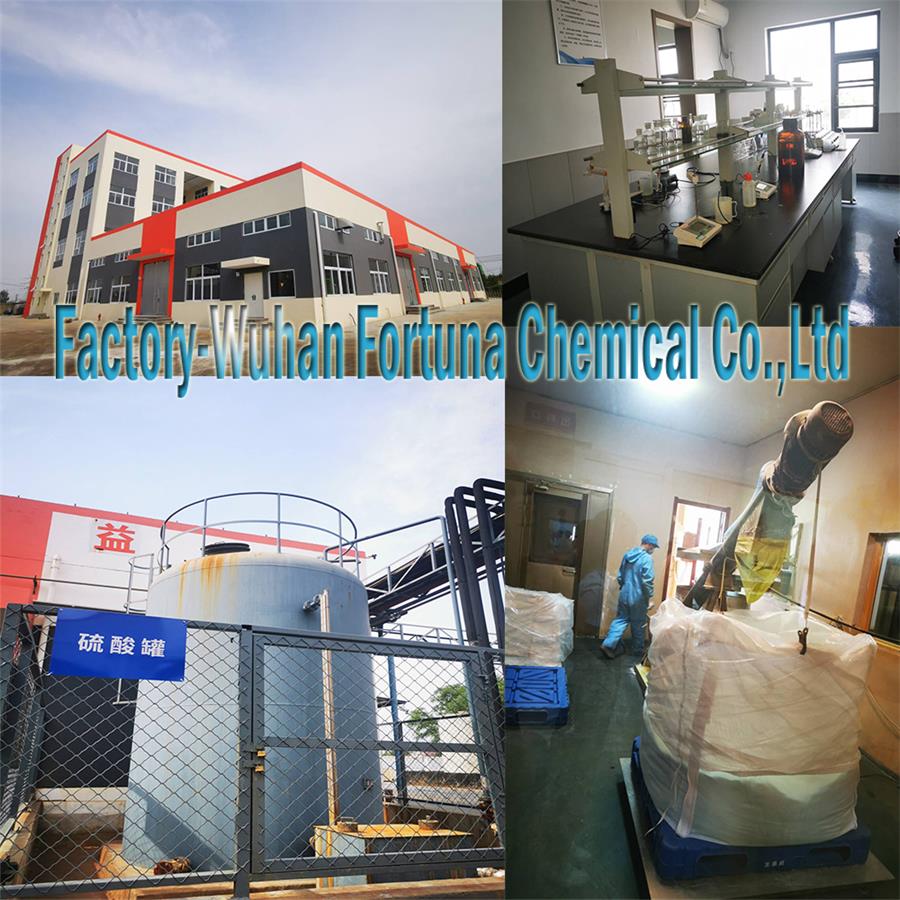
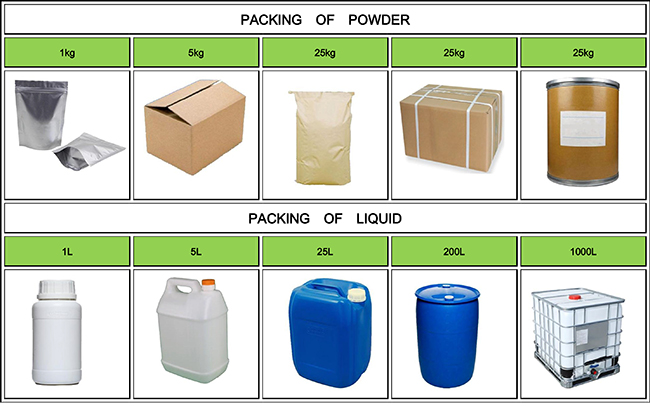
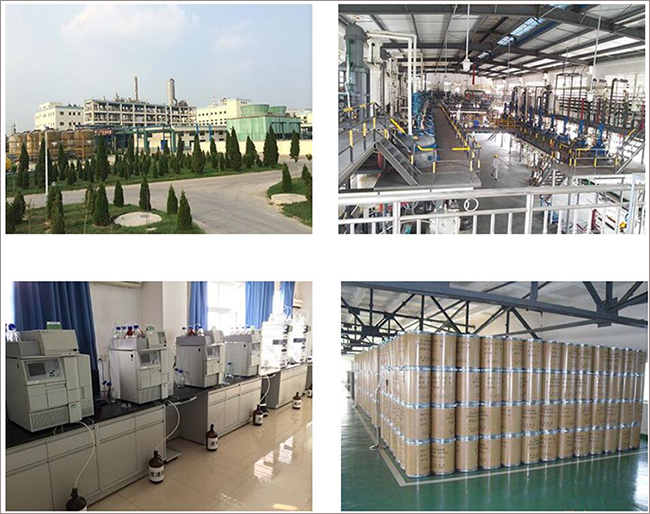
Guaranteed the purity
High quality & competitive price
Quality control
Fast feedback
Prompt shipment

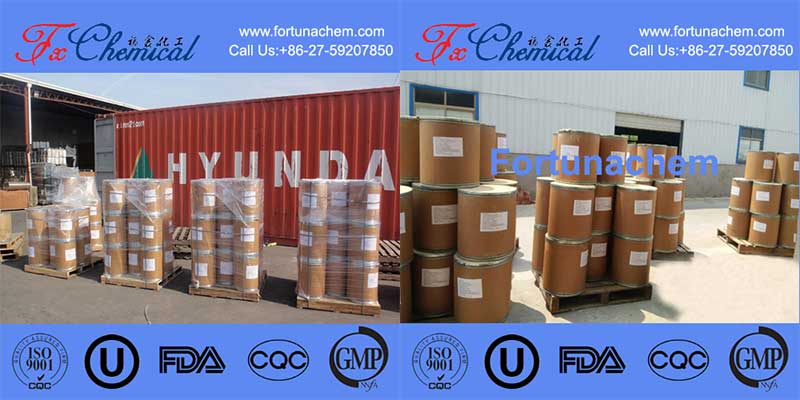

Fortunachem Provides Not Only Professional Chemical Products But Also Professional Help
Keeping you up-to-date with all the latest information, news, and events about Fortunachem!

Quick Links
Add:
E-mail:
 English
English  Español
Español  français
français  العربية
العربية 